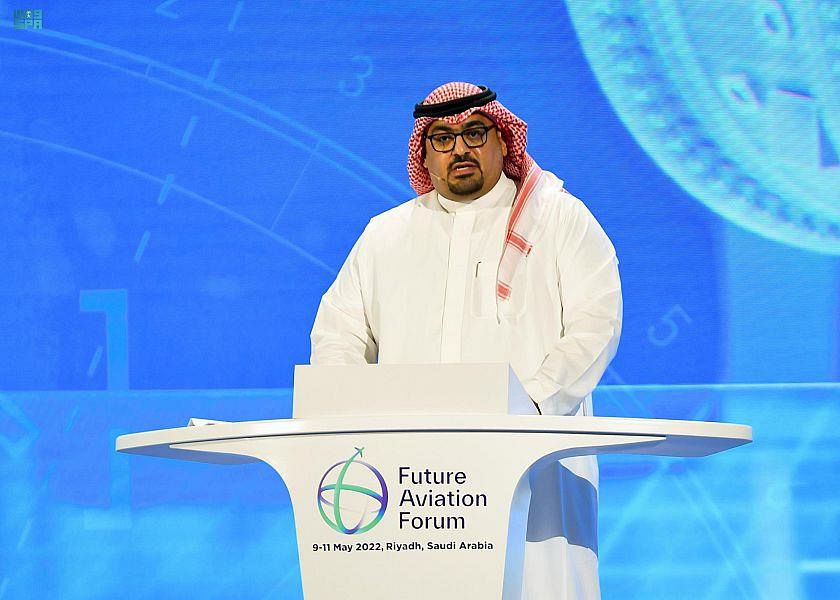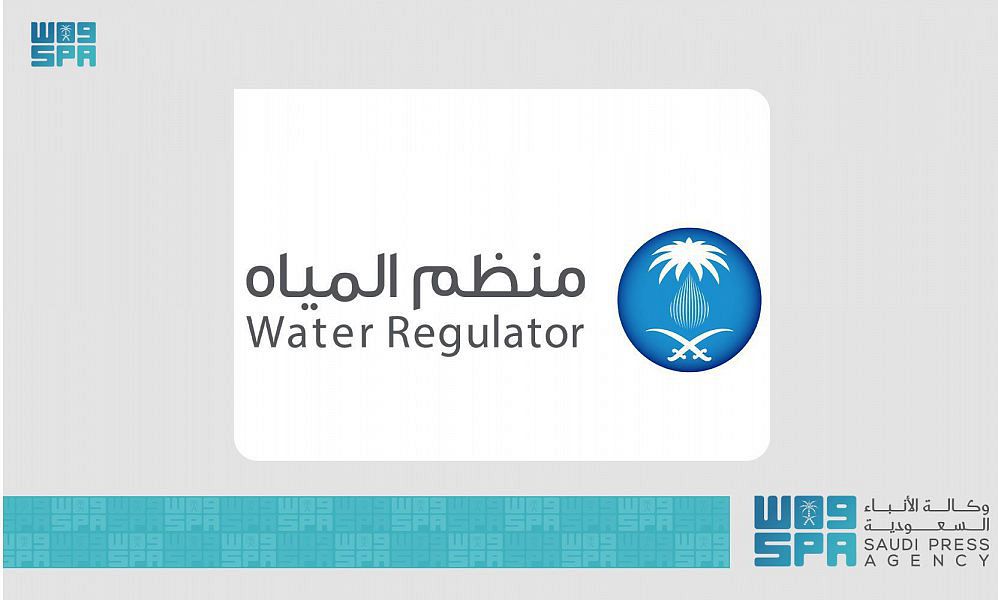
At a workshop in Riyadh titled Water Springs in the Kingdom: Status, Legislation, and Sustainability, Minister Al-Fadli emphasized the significance of water sources
Al-Fadli called for collaborative efforts between the ministry, relevant authorities, and local communities to manage and enhance these resources
RIYADH: Saudi Environment Minister Abdulrahman Al-Fadli on Wednesday reaffirmed the ministry’s commitment to sustaining water resources in the Kingdom. This follows the resurgence of several springs and aflaj (ancient irrigation systems) across Saudi Arabia.
At a workshop in Riyadh titled “Water Springs in the Kingdom: Status, Legislation, and Sustainability,” Al-Fadli emphasized the significance of these water sources for water security and rural development.
He called for collaborative efforts between the ministry, relevant authorities, and local communities to manage and enhance these resources.
The workshop, attended by local and regional water experts, explored how to use the return of spring waters for rural and agricultural development, identify best practices, and discuss rehabilitation and governance of ancient water systems, the Saudi Press Agency reported.
Abdulaziz Al-Shaibani, deputy minister for water affairs, attributed the revival of some springs to increased rainfall, rising water levels, recharge wells, and the removal of silt. The migration of farmers during droughts also inadvertently helped revive the springs, and clearing obstacles from valley streams has been beneficial.
Looking ahead, Al-Shaibani stressed the need to use this natural bounty by establishing farms near springs, maintaining water channels, and redirecting surplus water for afforestation under the Saudi Green Initiative.
He noted that Saudi Arabia has more than 700 springs, categorized into six geological types, with some having dried up due to reduced rainfall and excessive water extraction. The ministry is preparing a comprehensive study to inventory and document these springs.
The executive president of the Saudi Irrigation Organization, Mohammed Abu Haid, highlighted the institution’s role in maintaining springs and aflaj. He called for the integration of traditional irrigation systems with modern techniques to enhance water use efficiency and quality.
The organization’s approach includes regular monitoring, pollution treatment, advanced water storage solutions such as reservoirs, and ensuring water availability during droughts.
Abu Haid emphasized the need for improved cooperation with partners and local communities in water management. “We are leveraging expertise from research centers and think tanks to rehabilitate springs and aflaj, ensuring their sustainable flow and optimal use,” he said.
The workshop included three panel discussions with local and regional experts, academics, and specialists in water management. The first addressed the current status of springs and aflaj in the Kingdom; the second explored local customs and regulations governing these systems; and the third examined regional experiences, with insights from Oman, Morocco, and the UAE, facilitating an exchange of expertise and best practices across the Arab world.
The workshop concluded with a roundtable discussion on the challenges of sustaining and managing springs and aflaj in Saudi Arabia.









